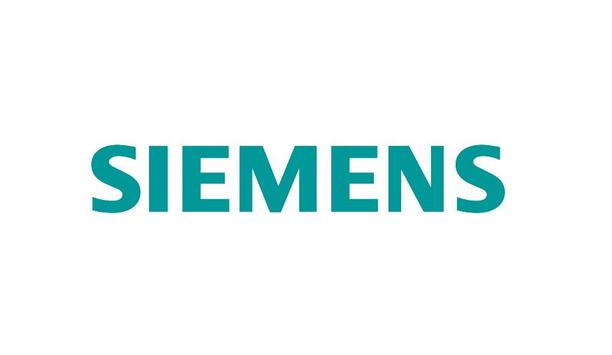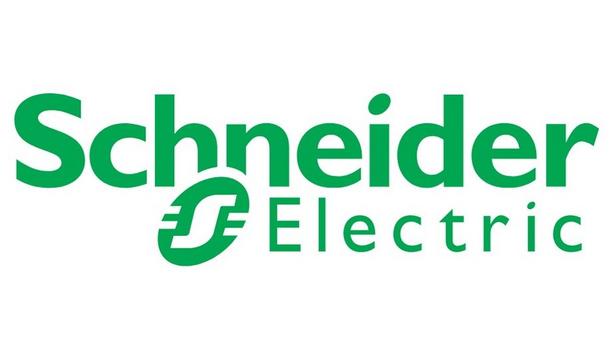The Swiss Federal Council has approved the dispatch to the Federal Assembly of a new draft act for the security of electricity supply through renewable energies. Axpo welcomes its direction of travel, but not the pace or measures it proposes.
Expansion of renewable energies
Axpo is convinced that an auctioned floating market premium, based on a successful international model, would advance the expansion of renewable energies faster and more efficiently, in comparison to the planned investment contributions.
In addition, it is incomprehensible that existing large-scale hydropower plants will no longer be supported. This will endanger the very foundation of Switzerland’s power supply.
New legislative foundation urgently needed
Currently, hardly any incentives exist for the construction of additional power capacity in Switzerland
Currently, hardly any incentives exist for the construction of additional power capacity in Switzerland. As a consequence, no noteworthy expansion of new renewable energies has taken place in the last 20 years.
While the proportion of wind and photovoltaics in Switzerland’s energy mix is only around five per cent, it accounts for well over half in Denmark, and one third in Germany. Clearly, a new legislative foundation is urgently required to reach the ambitious goals of the Energy Strategy and make a significant contribution to the target of net zero emissions by 2050.
Floating market premium proposed for more winter power
In its proposed bill, the Federal Council provides for investment contributions for all renewable energies. If they are high enough they could bring about the desired expansion. However, since investors must carry the full price risk for each plant over decades, they are forced to include the respective risk premium in their calculations.
Compounding this situation, power prices are influenced significantly by political decisions on a European level, which are difficult to predict.
Higher risk premiums reduce subsidy efficiency
Higher risk premiums reduce subsidy efficiency and lead to an increased demand for funds. In addition, investment contributions require greater administrative effort in their implementation, such as the review of applications and monitoring of conditions.
In its response to the consultation on the Energy Act and together with the AEE Suisse Alliance, Axpo proposed an alternative instrument: An auctioned floating market premium, based on an international model.
Intensive competition to prevent over-subsidy
An intensive competition between the auction participants would prevent over-subsidy
An intensive competition between the auction participants would prevent over-subsidy and encourage investors to take on some of the market price risk, when they are awarded the contract. Through tendering, only the most efficient plants would be developed and there would be no waiting lists. This system is already used successfully in many countries, including France and Germany.
Crucially, this solution would also support urgently needed power production in the winter half-year and strengthen Swiss security of supply. The remuneration rate for the winter months can be higher by a defined factor determined at the time of tendering and be set at a lower rate in the summer months. This offers investors additional planning security and higher incentives to optimize winter production.
Promoting electricity production in the winter half-year
Axpo acknowledges that the Federal Council has included the suggestion of promoting electricity production in the winter half-year, with an additional contribution.
However, Axpo remains convinced that the instrument of an auctioned floating market premium with differentiated remuneration rates for the summer and winter months would provide greater incentives for investors, in order to optimize winter power production and offer more planning security.
Hydropower, the backbone of Swiss electricity supply
In addition to the expansion of new renewable energies (primarily photovoltaics in Switzerland), hydropower plays a key role. Today, it accounts for nearly 60 percent of total electricity production. According to the Federal Council, the foundations of Swiss electricity production must be further developed. Unfortunately, the reality is very different.
With by far the highest fees in Europe, significantly more stringent ecological standards and a highly uncertain regulatory and economic outlook, the necessary investments have failed to materialize and the produced electricity volume from hydropower is already on the decline. These factors are endangering not just the expansion but the very preservation of these vital facilities.
Federal Act lacks any Incentives for renewal investments
Maintaining the existing large-scale hydropower plants is just as important to the security of supply
Despite this situation, the new Federal Act completely lacks any support or incentives for renewal investments in large-scale hydropower plants with a capacity of more than 5 MW. This is incomprehensible to Axpo and contrary to energy policy objectives.
Maintaining the existing large-scale hydropower plants is just as important to the security of supply and achievement of the goals for hydropower, as the expansion of additional production capacity.
Support for full liberalization of the power market
However, Axpo strongly supports the full liberalization of the power market, proposed by the draft Electricity Supply Act. This would eliminate existing market distortions and promote innovation at the household and local supplier level.
Axpo will thoroughly assess the Federal Council’s dispatch and make its considerable expertise as Switzerland’s largest producer of renewable energy and its experience operating in 40 countries available in the upcoming months, in order to contribute constructively to a successful Swiss energy future.






